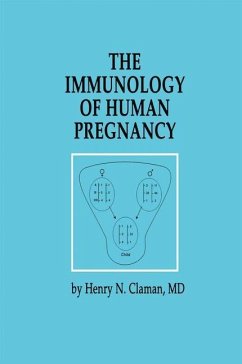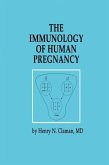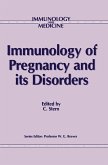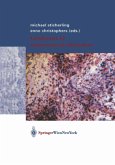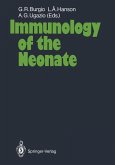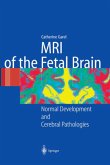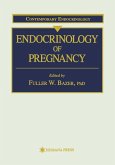This book grew out ofmy interest in what is often called "the immunological paradox ofpregnancy." How is it possible that the fetus-halfofwhosegenetic apparatuscomesfrom thefather and is foreign to the mother-can survive to term? This is a question that intrigues all immunologists. For me, it has been of interest ever since I heard a lecture on the subject in medical school, long before I thought ofbecoming a "professional immunologist." Indeed, the question ofthe immunological aspect of fetal survival (or demise) should be of interest to any biologist or physician. The question becomes broader ifone considers the immunologic relations between motherand fetus, because they represent a unique symbiotic union. Whatimmunologic problemsinthemothermayaffecttheoffspring, and isitpossiblethatfetal immunology willaffectthe mother? Finally, there is the question ofwhether immunology is important in recur rent spontaneous abortion. Every authorowes the reader a general oversightofthe book in hand, indicating the terrain to be covered, and, by inference, the territory that will not be explored. 1. This is primarily a book for clinicians. I will only men tion animal experiments and data in passing, and as they may illuminate a clinical problem or observation. 2. The interest here is the immunology ofmaterno--fetal re lations, once a pregnancy has begun. Therefore, I will notcover immunological aspects ofsterility, nor touch on the immunological approaches to controlling fer tility, i.e., "contraceptive vaccines." 3. This is a book mainly concerned with pathogenesis.
...the writing is superb...the most complex immunologic processes are presented in easy-to-folow diagrams...clinicians who deal with women trying to have babies, graduate students, postdoctoral fellows, and medical residents desiring a basic knowledge of pregnancy immunology would find this book a valuable asset.-The New England Journal of Medicine
